

CWIS Founder Dr. Rudolph Rÿser discusses how the Nations International Criminal Tribunal overcomes the limitations of the International Criminal Court in securing justice for Indigenous peoples around the world.
The Nations International Criminal Tribunal (NICT) is a groundbreaking effort to address the unique challenges faced by indigenous nations around the world seeking justice for historical and ongoing atrocities committed against them.
The NICT is an international court composed of nation and state signatories that agree to adopt the process outlined in the NICT Charter. Its jurisdiction derives from the charter’s parties, and enforcement is their responsibility.
NICT addresses the failures of current international institutions and legal frameworks (like the International Criminal Court) and asserts the equality of Indigenous nations.
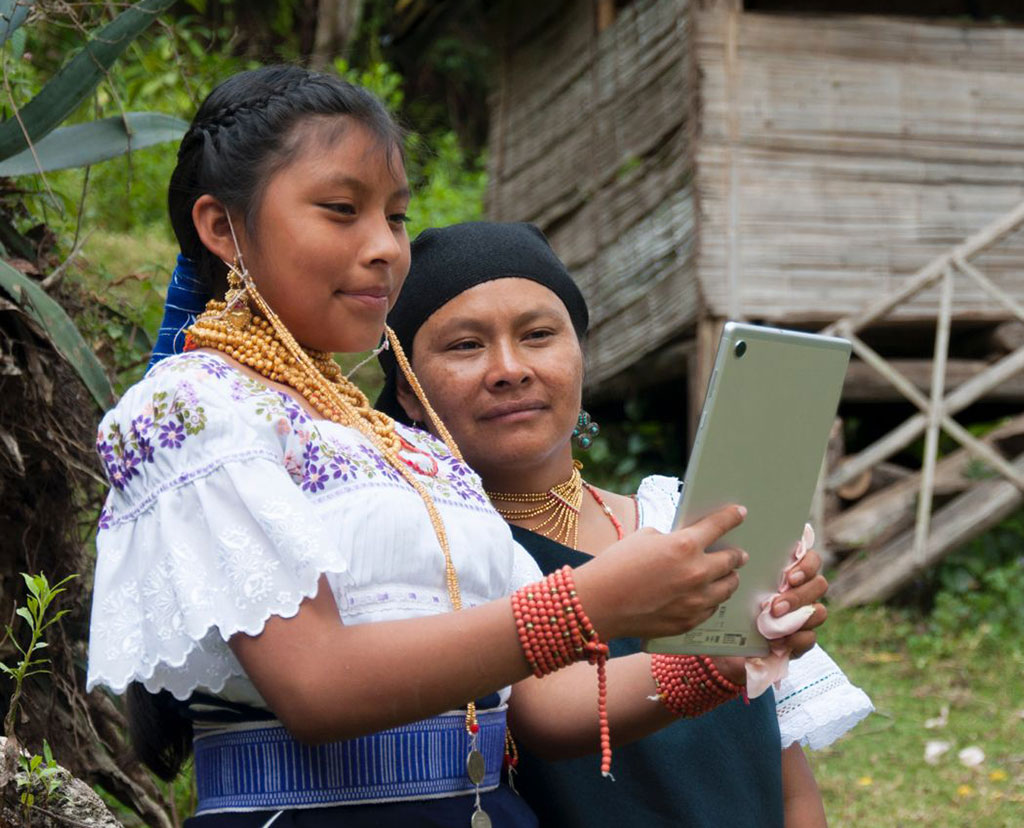
We are making the charter available to any Indigenous nation to adapt to their own needs.
The most ubiquitous articulation of Indigenous rights to self-determination worldwide is the United Nations Declaration on the Rights of Indigenous Peoples (UNDRIP). Adopted by the United Nations General Assembly in 2007, the ratification of the UNDRIP was a victory for the bedrock nations of the world. It is a potential vehicle for the international recognition of indigenous peoples.
UNDRIP isn’t enforceable; it serves more as a guideline than international law. UNDRIP becomes effective when there is an enforcement mechanism. Dr. Rudolph Rÿser spent 25 years working on UNDRIP, and he turned next to enforcement mechanisms.
NICT provides a process to ensure our fundamental civil rights, such as the right to self-determination, the right to control our lands and resources, the right to protect and practice our cultural traditions and customs, and the right to protection against discrimination.
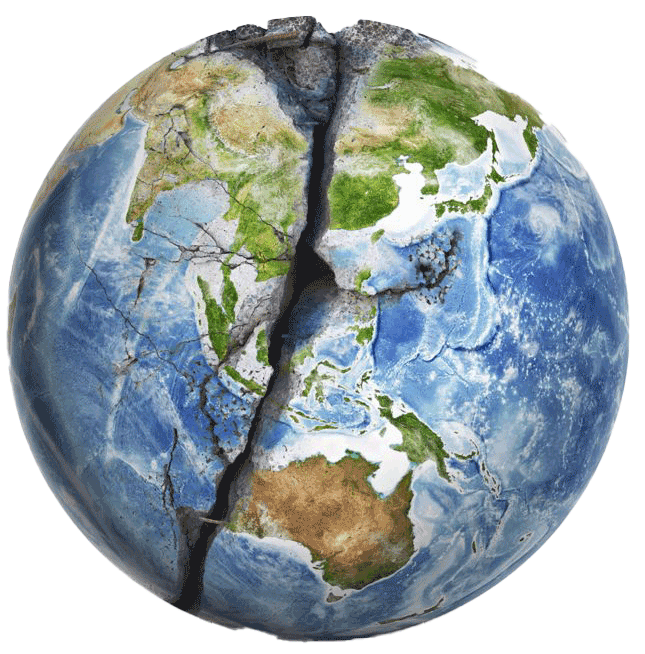
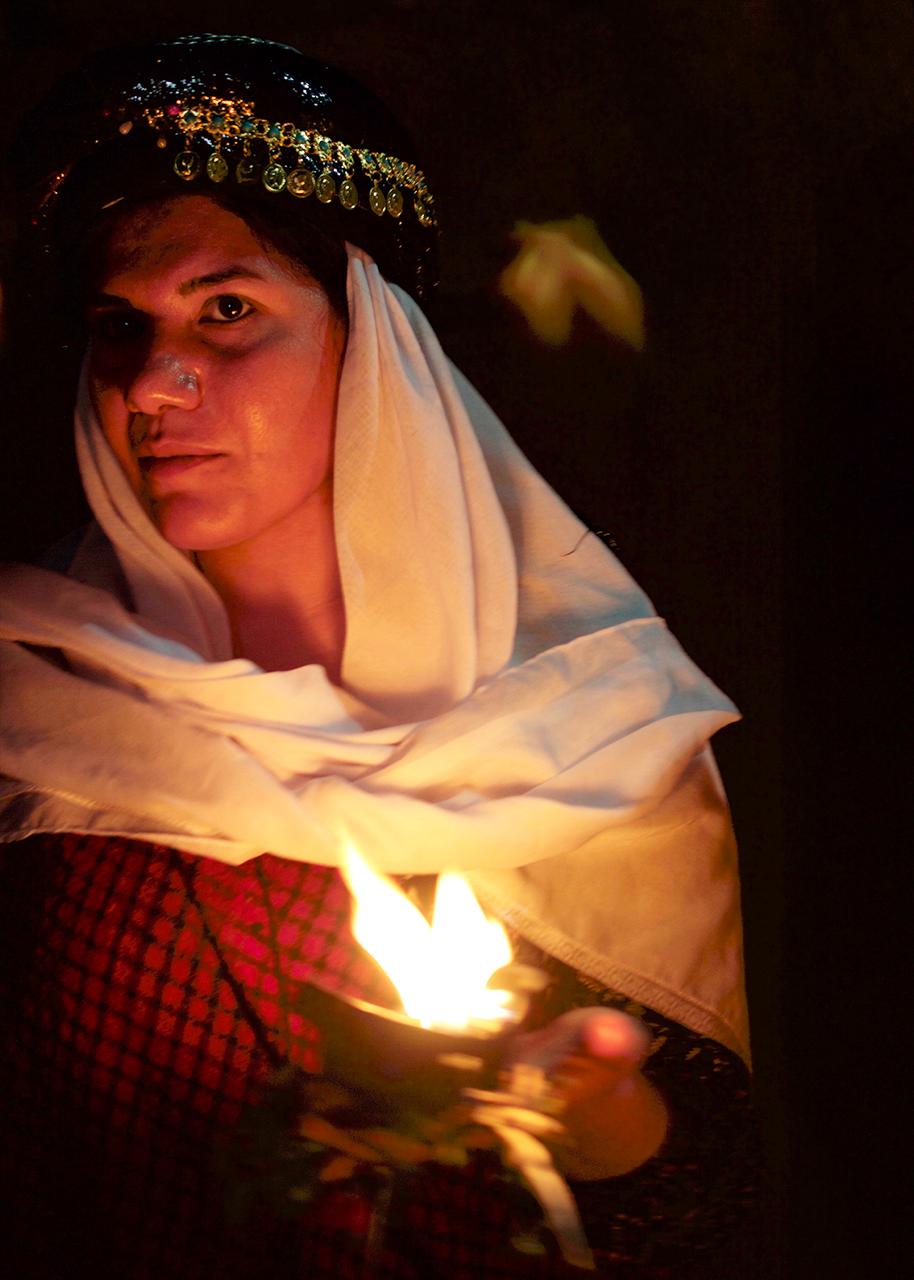
The Nations International Criminal Tribunal (NICT) provides an international mechanism to enforce UNDRIP and address genocide. 66 Indigenous nations worldwide have ratified the NICT charter.
The NICT holds the potential to provide Indigenous nations with a practical and enforceable avenue through which to seek justice—to charge, try, and convict those responsible for historical injustices and to address ongoing conflicts between nations and states.
After exhausting international legal mechanisms, the Yezidi peoples contacted the Center for World Indigenous Studies (CWIS) and began consultations with Dr. Rudolph Ryser.
Defend Our Ancestral Homelands and Fight the Impunity of Extractive Industries
Defend Our Ancestral Homelands and Fight the Impunity of Extractive Industries

Dr. Rudolph Rÿser outlines the process of holding ISIS and other perpetrators accountable for crimes against Indigenous peoples.
Dr. Rudolph Rÿser discusses the significance of the definition and highlights some of the historical atrocities committed against Indigenous peoples.
Fourth World Journal
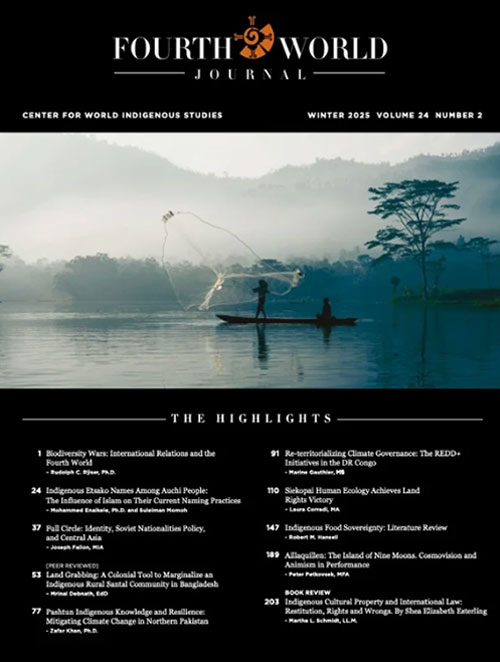
Fourth World Journal
In August 2014, the Islamic State of Iraq and Syria (ISIS), a Sunni- Muslim fundamentalist organization, raided the Yezidi city of Sinjar (Shingal) in the region of northern Iraq. It aimed to wipe out the Yezidi Nation, who have occupied the region for the past 6000 years.
The attack was brutal in its execution. During the raid, ISIS murdered an estimated 5000 Yezidis, raped and enslaved more than 6000 Yezidi women and young girls, and forcibly recruited countless Yezidi boys, who they later indoctrinated and forced to serve them.
They destroyed homes and sites of cultural and religious significance to the Yezidi people. Many Yezidi died from exposure to the elements and starvation. The genocidal attack was part of a plan that intended to eliminate the Yezidi people and their culture. The genocide devastated the social structures of the Yezidi Nation and displaced thousands, especially with ongoing abductions and enslavement of the Yezidi occurring at the hands of ISIS into 2017.
Global institutions such as the United Nations, the European Parliament, and the US Congress widely condemned the Yezidi genocide; however, none attempted to prosecute those responsible. In the aftermath, the Yeizdi survivors and those of the Yezidi diaspora living around the world began a quest for justice for the genocide. They contacted international human rights organizations, the United Nations, and the International Criminal Court. In all cases, the responses were disappointing. Although sympathetic, these organizations and institutions could not help in any tangible way.
After exhausting these avenues, the Yezidi contacted the Center for World Indigenous Studies (CWIS) and began consultations with CWIS Founder Dr. Rudolph Ryser. Dr. Ryser, who had spent most of his life working toward the cause of Indigenous self-determination, agreed to help.
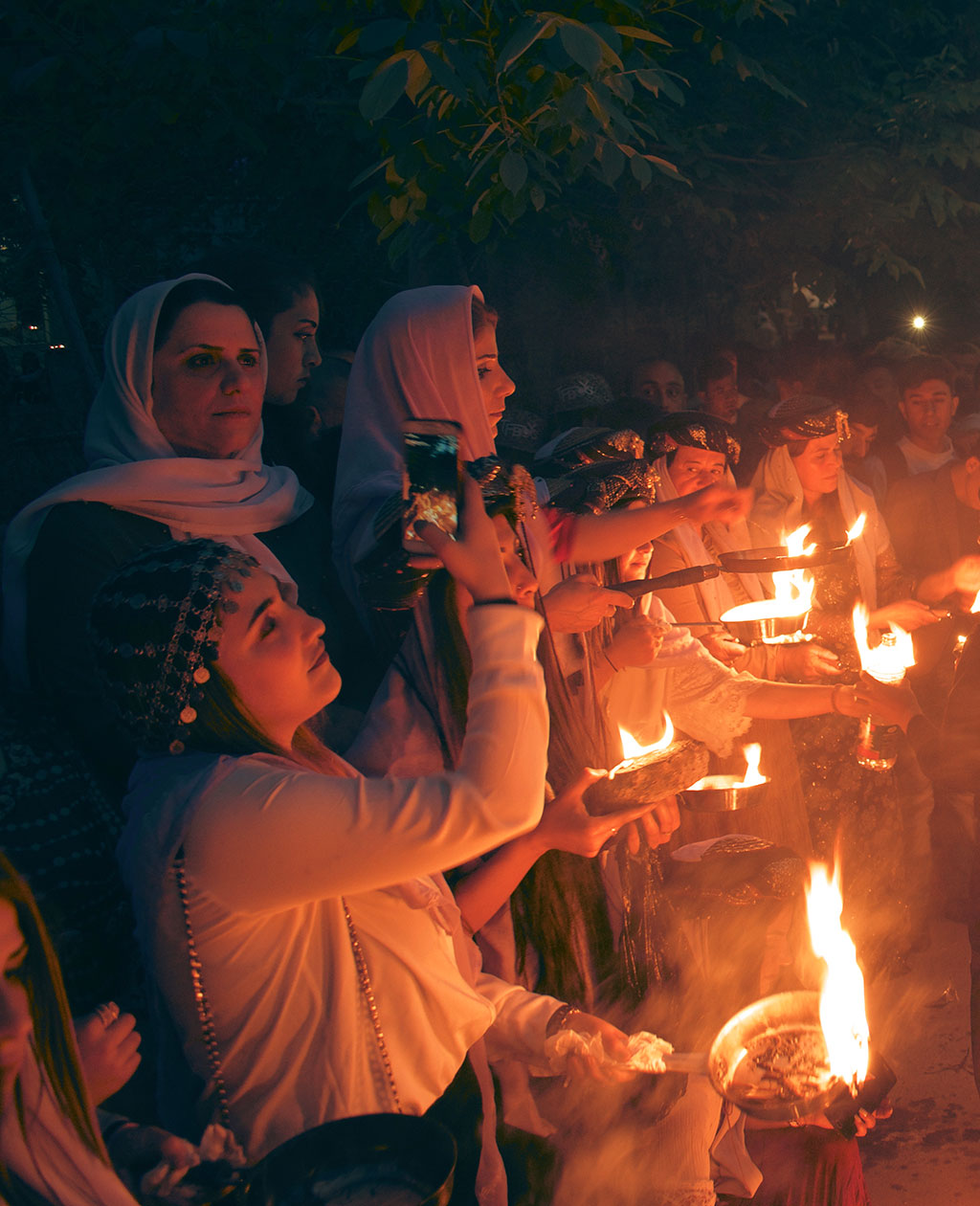
The NICT operates within a hybrid legal framework, combining international human rights law with indigenous customary law. Its jurisdiction covers genocide, war crimes, crimes against humanity, and violations against nature, such as ecocide and culturcide.
The tribunal process complements existing legal mechanisms, giving Indigenous communities additional pathways to seek justice.
A key pillar of the NICT’s mission is the principle of Universal Jurisdiction, which allows it to prosecute crimes that cross national borders and hold perpetrators accountable—even when state governments fail to do so. This makes the tribunal a global force for justice, capable of addressing systemic violations that disproportionately impact Indigenous communities.
International cooperation plays a crucial role in the tribunal’s success. Partnerships with supportive nations and advocacy organizations provide resources, legitimacy, and platforms for global recognition. These alliances also foster knowledge-sharing, allowing the NICT to learn from other justice initiatives while contributing innovative approaches to prosecuting crimes against Indigenous peoples. Through this reciprocal exchange, the tribunal strengthens its ability to deliver justice and serves as a model for more inclusive international law.